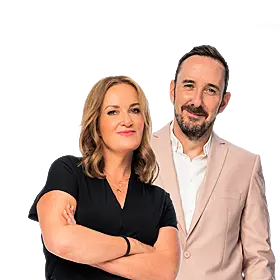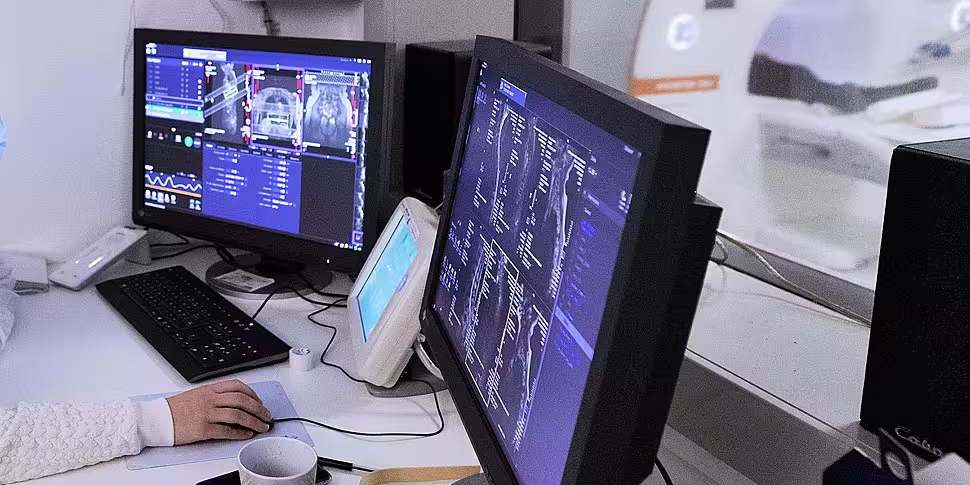Delays in cancer diagnoses and care will likely lead to "enormous suffering" over the next decade, a leading oncologist says.
Professor Seamus O'Reilly says cancer services here have had to deal with "a catch-up after a catch-up" due to the dual impacts of the COVID pandemic and the HSE cyberattack.
He was speaking after the Irish Cancer Society said €45 million is urgently needed in next month’s Budget to rebuild pandemic-hit cancer services.
However, Professor O’Reilly - Consultant Medical Oncologist at Cork University Hospital - told Newstalk Breakfast they’ve been hit with two major crises that have had a dramatic impact on services.
He explained: “We’ve had a catch-up after a catch-up. We’ve had the COVID pandemic and the interruption of services that occurred with that. Then there was a catch-up programme initiated to catch up with that… then the cyberattack happened.
“We’re now clearing the cyberattack issue. That has taken the summer really.
"Most times when cyberattacks happen you expect it to be over in several days… but this one has been several months, unfortunately. That has had an impact on patient care and follow-up."
Crisis
Professor O’Reilly says the European Cancer Organisation has estimated there are up to one million undiagnosed cancer cases across the continent as a result of the pandemic.
He expects we’ll see some of that impact here in Ireland.
He said: “Our screening programmes have been interrupted, and screening picks up cancer earlier.
“The other aspect of this is not just about outcome and survival - the larger cancer needs more treatment, the survival [rate] of the patient is less, the quality of survival of the patient is less, and the implication for the system - in terms of care allocation and resourcing - is greater.
“You have a sicker number of patients in the system, requiring more resources. That will reduce the number of resources for other patients in the system.”
Professor O’Reilly says the Government has acknowledged the issue and put forward more resources.
However, he believes the situation demands more attention and needs to be treated as a crisis.
He said: “This is going to cause enormous suffering in our societies for the next decade, according to mathematical modelling from the National Cancer Institute.
“We need to pull together collectively. In March of last year, there was an enormous aura of crisis which led to decision-making and activity in our health service - which was fantastic.
“The crisis is here: we need the same aura of crisis to generate that collective mobilisation that’s needed now for our patients.”
Lockdowns had a dramatic impact on several of Ireland's main cancer screening programmes.
Figures released by BreastCheck earlier this year, for example, showed that around 120,000 women had not been screened for breast cancer over the past year.
While services temporarily resumed last year, there was fresh disruption during the third wave of cases in December, January and February.









